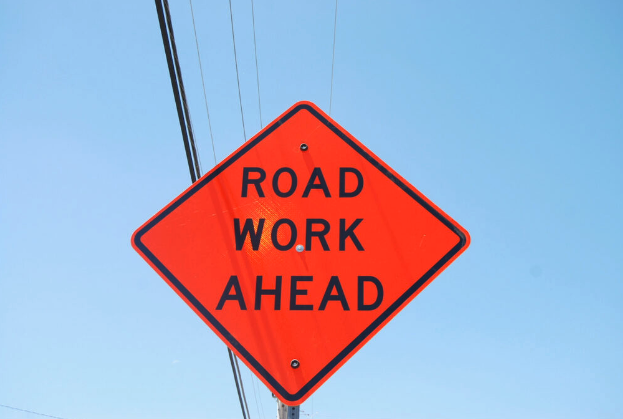Road systems are often topics of discussion. They are important tools for getting us from here to there.
Of importance, too, are the pathways of communication. They need to operate clearly, with well defined rules and function, to get us collectively to the place of understanding.
Recently, several individuals, including attorneys, elected officials, and residents living within the Whitewater Unified School District have been seeking clarity about the communication system that is meant to guide us through the sometimes difficult processes of open communication.
The path has become mired in difficultly as at least three attorneys — one representing the district, one representing the superintendent and one representing the board vice president — have begun to develop their respective theories of the case.
For attorneys, a theory of the case is a logical description of events that the attorney wants the judge or jury to adopt as their own perception of the underlying situation.
To the ordinary resident, this means that each attorney is first serving his or her client, and not necessarily the best interests of the public at large.
‘To be clear,’ as seems to be the recent vernacular, each of the attorneys involved has a client.
Their obligations begin and end there.
In such an environment, developing the tools for transparent public discourse, without an attorney specifically representing the public, could easily become encumbered.
That’s unfortunate.
Our best defender, albeit an institution and not a dedicated attorney busily on our behalf developing a theory of the case, is the state.
A more than 30-page open meeting compliance guide, issued in 2019 by the Wisconsin Attorney General’s Office, begins with a statement about “Policy of the Open Meetings Law.”
It reads: “The State of Wisconsin recognizes the importance of having a public informed about governmental affairs. The state’s open meeting law declares that: In recognition of the fact that a representative government of the American type is dependent upon an informed electorate, it is declared to be the policy of this state that the public is entitled to the fullest and most complete information regarding the affairs of government as is compatible with the conduct of governmental business.”
One hopes the words: “informed electorate,” and “about governmental affairs,” jump from the page.
Additionally, the document states: “In order to advance this policy, the open meeting law requires that ‘all meetings of all state and local governmental bodies shall be publicly held in places reasonably accessible to members of the public and shall be open to all citizens at all times unless otherwise expressly provided by law. There is thus a presumption that meetings of governmental bodies must be held in open session. Although there are some exemptions allowing closed sessions in specified circumstances, they are to be invoked sparingly and only where necessary to protect the public interest.”
Regarding closed sessions, here are some words that should stand out: “specific circumstances,” and “invoked sparingly,” and “public interest.”
The full document from the attorney general’s office is found here: https://www.doj.state.wi.us/sites/default/files/office-open-government/Resources/OML-GUIDE.pdf.
One should find concern when residents seeking information through open record requests are told that such information could personally cost them minimally $656.50.
One hopes our local advocates for open government look to overcome such challenges by seeking ways to provide open government, and answer the questions posed by their constituents.
It’s easy to claim transparency, but as with most things, actions speak louder than words.
When the road to open and free-flowing information is blocked, the pathways of communication are disabled.
The fog of speculation takes hold; the road forms a glaze, making it slick to grasp.
Additionally, transparency should not be considered a fair weather opportunity, offered only when topics of discussion are less controversial, or more openly to some and less advantageously to others.
It’s a road we all share.
To get from here to there, we must all feel equally equipped to navigate the road, and have faith in our elected and appointed officials that they are eager to keep the road open and accessible to all of its travelers.
Good leaders bring people together.
Trying to learn about issues affecting our local government should not come at a cost to any single constituent at a minimum of $656.50. Our elected and appointed officials would serve far better as good stewards of our communication pathways if they found and promoted opportunities to answer questions openly, and in public, so we can all learn together.
If it costs the district, as recently shared by the superintendent in her role as records custodian, nearly $1,000 to process three open records requests, it would seem that organizing an open meeting to address the issues at hand would be a most economical and good faith approach, and in this way, together, we can all get — from here to there.
A story about the filings by three residents with the district of FOIA requests and the information received by each from the district’s records custodian is here: https://whitewaterwise.com/residents-seek-information-regarding-zimmerman-pate-hefty-dispute-through-open-records-requests/.
As always,
Thanks for reading.
Kim McDarison, editor.

